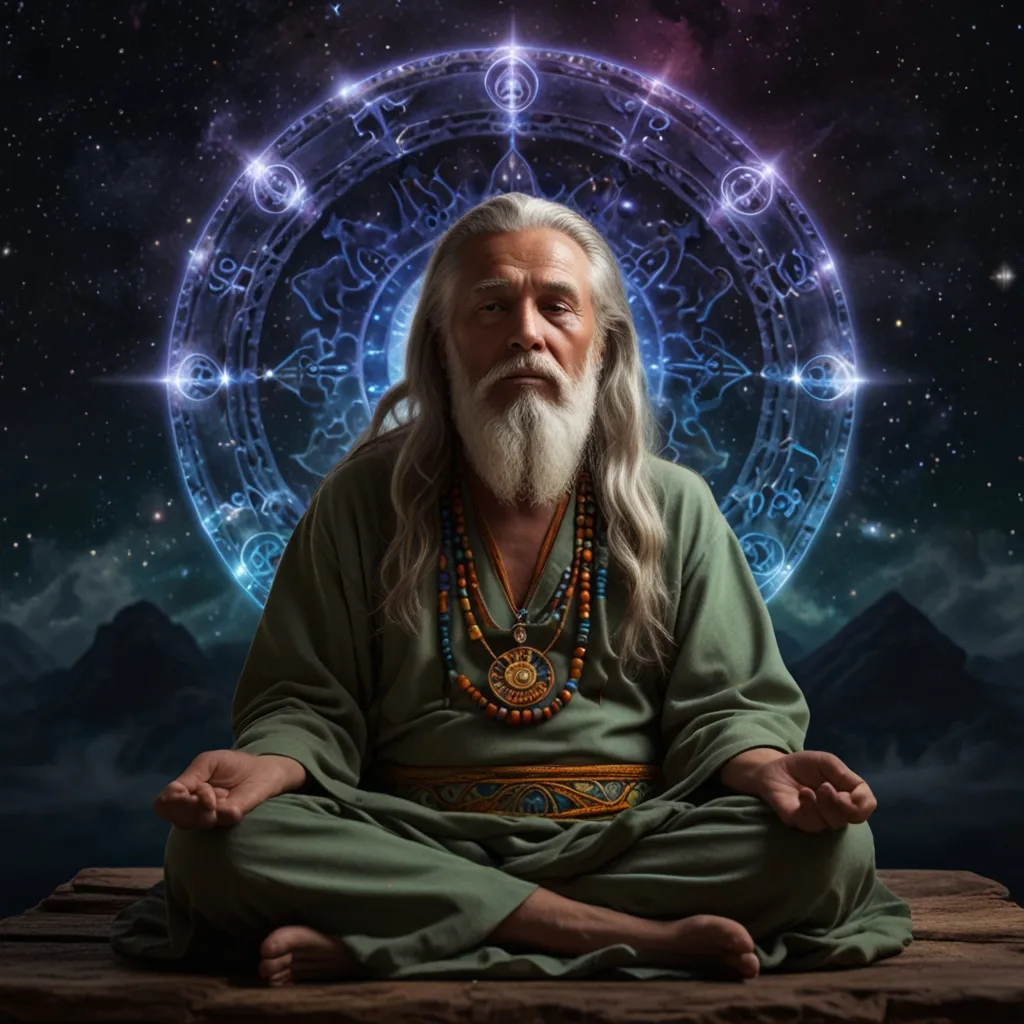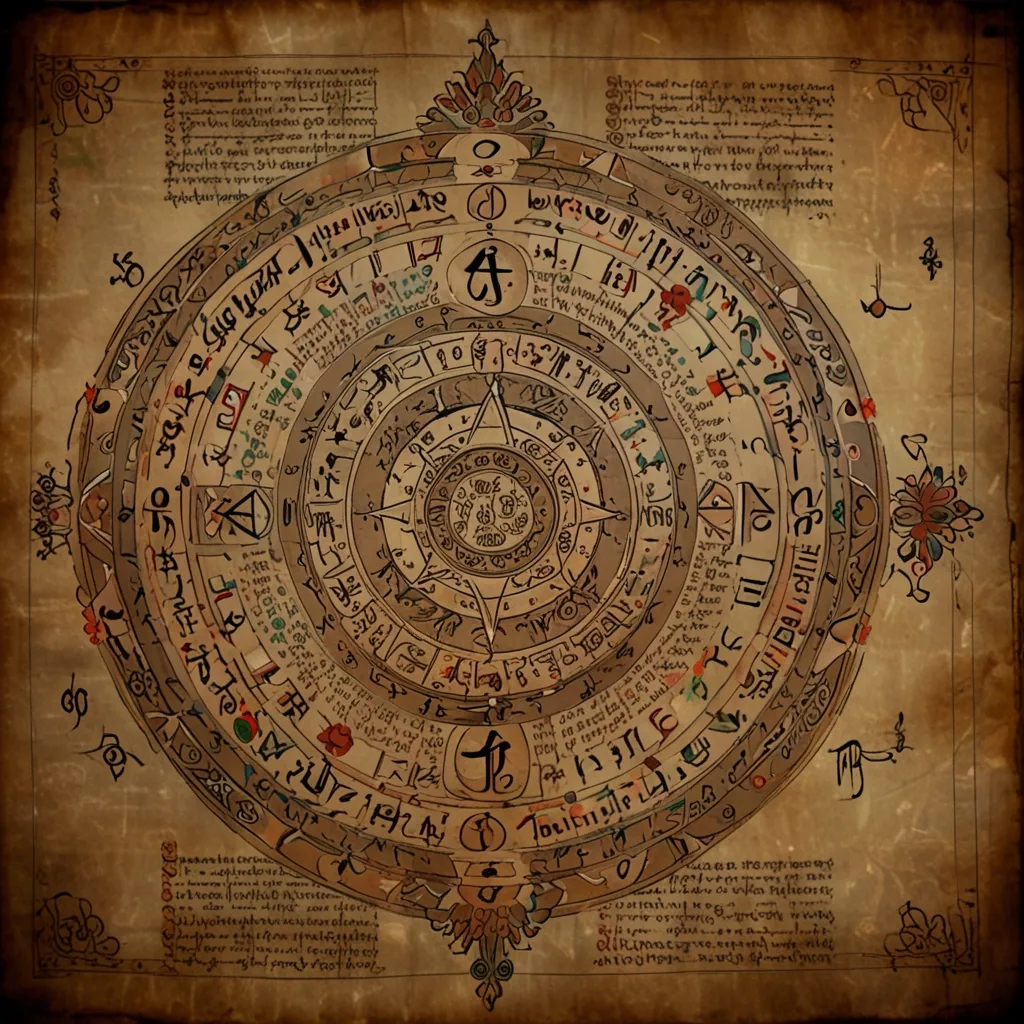The Svetasvatara Upanishad is like a hidden gem in Hindu philosophy, especially cherished in Shaivism and Vedanta circles. Dating back centuries, it’s one of the 108 established Upanishads, offering some mind-blowing insights into spirituality and philosophy. Funny thing, it’s named after the sage Svetasvatara, who apparently spilled all these profound secrets to his followers.
The essence of this ancient script revolves around Brahman, the ultimate reality, and how it connects with the Atman, or the individual self. It’s all about seeing these two as not separate, but one. This idea forms the philosophical backbone of Advaita Vedanta, stressing that our individual soul and the universal reality are essentially identical.
The text dives into the idea of God, typically linking it to Shiva or Rudra, portraying Him as the creator, preserver, and annihilator of the cosmos. It’s fascinating how it swings between viewing God as a personal deity and as a vast, impersonal force. This duality gives a rich and flexible vision of the divine.
One cool thing about the Svetasvatara Upanishad is its knack for metaphors. It uses imagery like seeing the universe as a massive wheel with several parts, each representing a slice of existence, all under the control of a hidden divine power. Another vibrant metaphor it uses is the river with five sources, symbolizing the five vital breaths that keep life going.
But it’s not just heavy philosophy. The Upanishad is also super practical, guiding spiritual seekers. It stresses the magic of meditation and grasping one’s true essence. Through meditation, people can get clued into the ultimate cause of creation and the divine force behind everything. The script nudges individuals to explore paths of virtue, vice, and knowledge to hit that spiritual bullseye.
Over time, the reception of the Svetasvatara Upanishad has varied, with scholars dissecting it in multiple ways. Some see it as shouting monotheism, while others read pantheism or monism in its lines. Its inclusive tone allows for a buffet of interpretations, making it a treasure trove for spiritual and philosophical questers.
In a nutshell, the Svetasvatara Upanishad is an awe-inspiring and complex text, offering deep wisdom about reality, divinity, and human existence. Its teachings still ignite inspiration among spiritual heads and philosophers, weaving a rich tapestry of thoughts and practices to help one get a deeper understanding of the universe and oneself.






